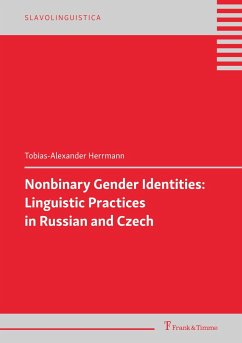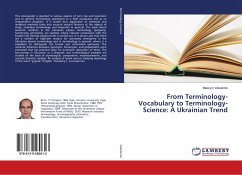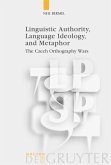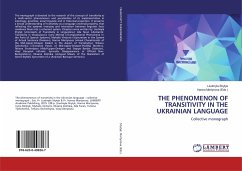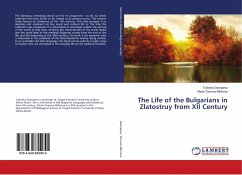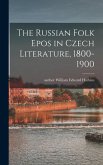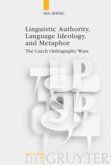How do Russian and Czech nonbinary people use language to construct their identity? This question has hardly been addressed so far, so this volume describes and analyzes the identity-driven linguistic variation of Russian and Czech nonbinary speakers. If a linguistic feature indexes the gender binary in the standard variety, then a nonbinary speaker - who desires to express their gender identity - in interaction employs an alternative that lacks this feature to perform and thus linguistically construct nonbinary identity. This hypothesis is investigated using a triangulation of quantitative and qualitative methods, banking on data from corpora and surveys. Among the most relevant practices that have emerged are the overt introduction of gender identity labels as well as pronouns and/or chosen agreement patterns into discourse, the alternation of gender agreement patterns, and the use of plural endings with singular meaning.

